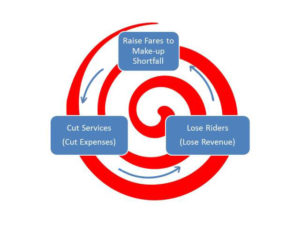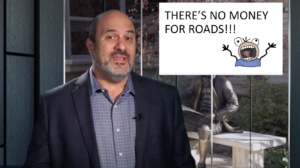728 x 90
728 x 90
728 x 90
728 x 90
728 x 90
Other Issues
- Home
- Other Issues

Tags
Constitution
CONSTITUTION - Article V
CONSTITUTION - ObamaCare
CONSTITUTION - Supreme Court
CONSTITUTION - Uncategorized
EdisWatching.org
Education
EDUCATION - Accountability
EDUCATION - Blogs
EDUCATION - Charter Schools
EDUCATION - Issue Papers
EDUCATION - K-12 Funding
EDUCATION - Labor
EDUCATION - Latest on K-12 Issues
EDUCATION - Newsletters
EDUCATION - Online Education
EDUCATION - Opinion Editorials
EDUCATION - Publications
EDUCATION - Radio & Podcasts
EDUCATION - School Choice
EDUCATION - Teachers
EDUCATION - Vouchers & Tax Credits
Energy
ENERGY - Archive
ENERGY - Governing Bodies / Agencies
ENERGY - Hydraulic Fracturing
ENERGY - Legal
ENERGY - Preferred Energy
ENERGY - Renewable Energy
Events
Fiscal
FISCAL - Issue Papers
FISCAL - Opinion Editorials
FISCAL - Publications
HEALTH CARE - Op-Eds
HEALTH CARE - Publications
HEALTH CARE - Updates
Issues
JUSTICE - Opinion Editorials
Newsletter
The Hill
TRANSPORTATION - Issue Papers
TRANSPORTATION - Miscellaneous
TRANSPORTATION - Op Eds
Watch & Listen
© Copyright Independence Institute













